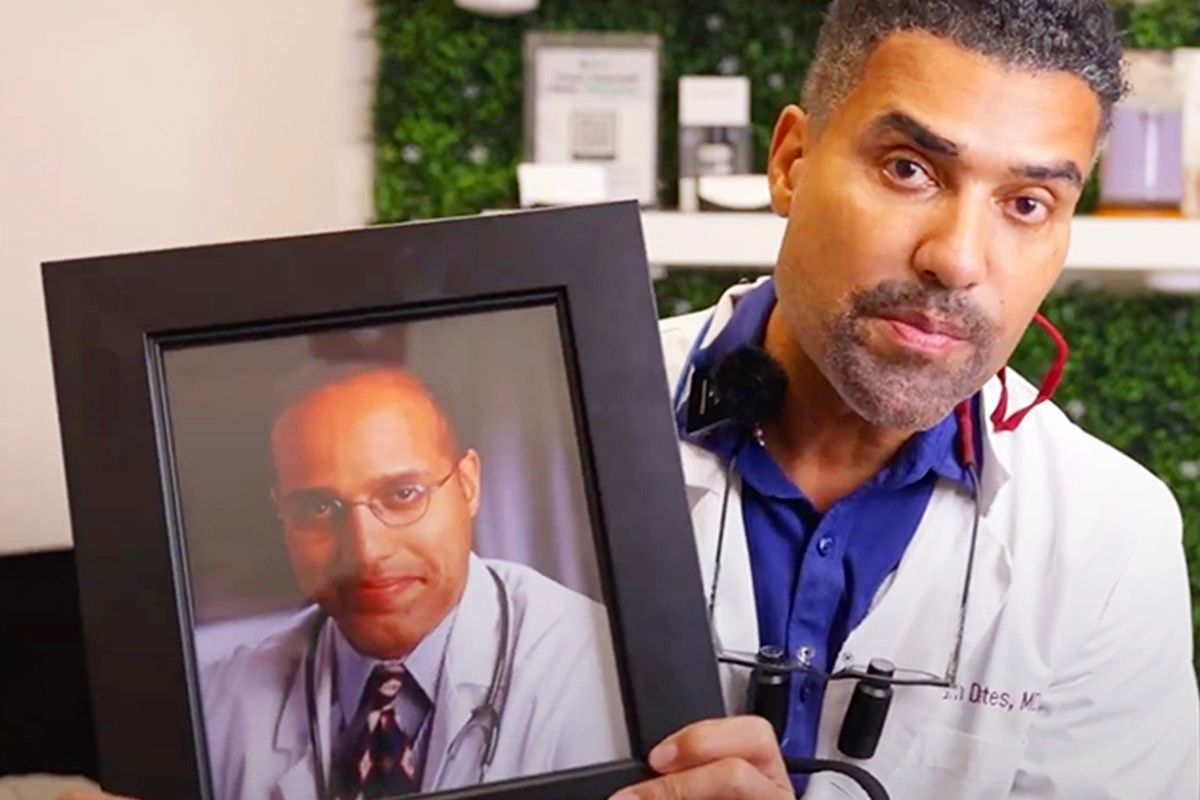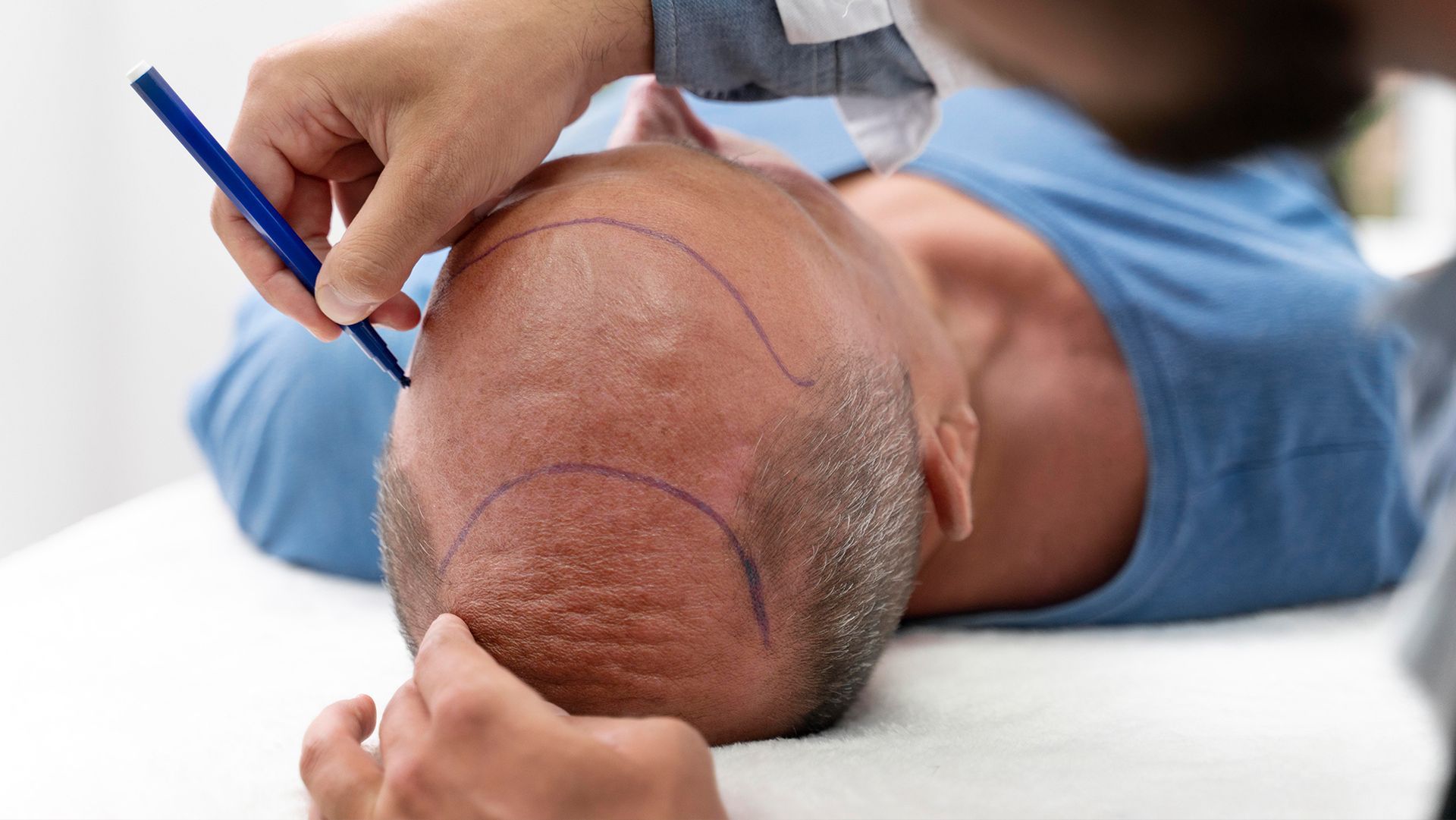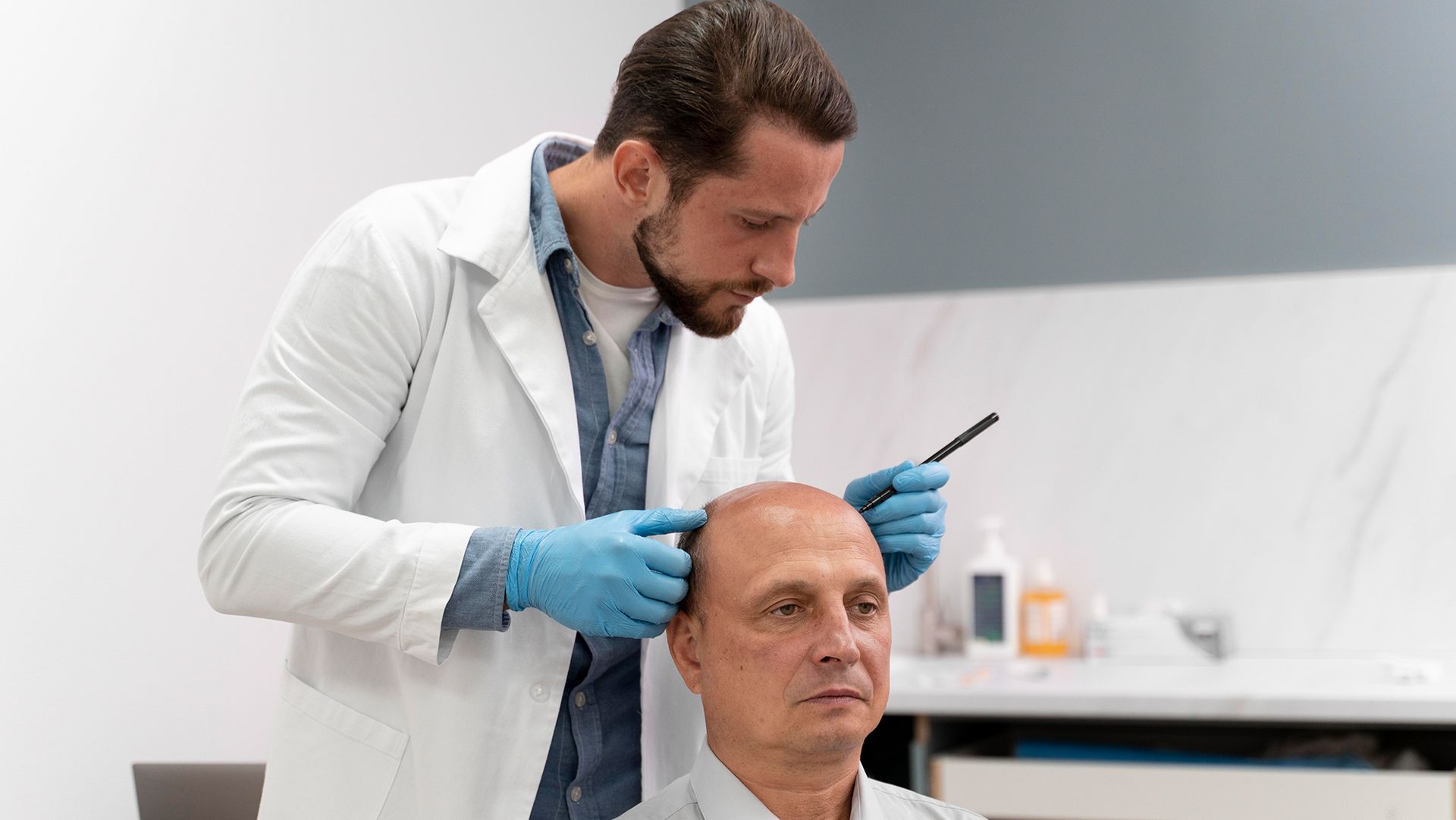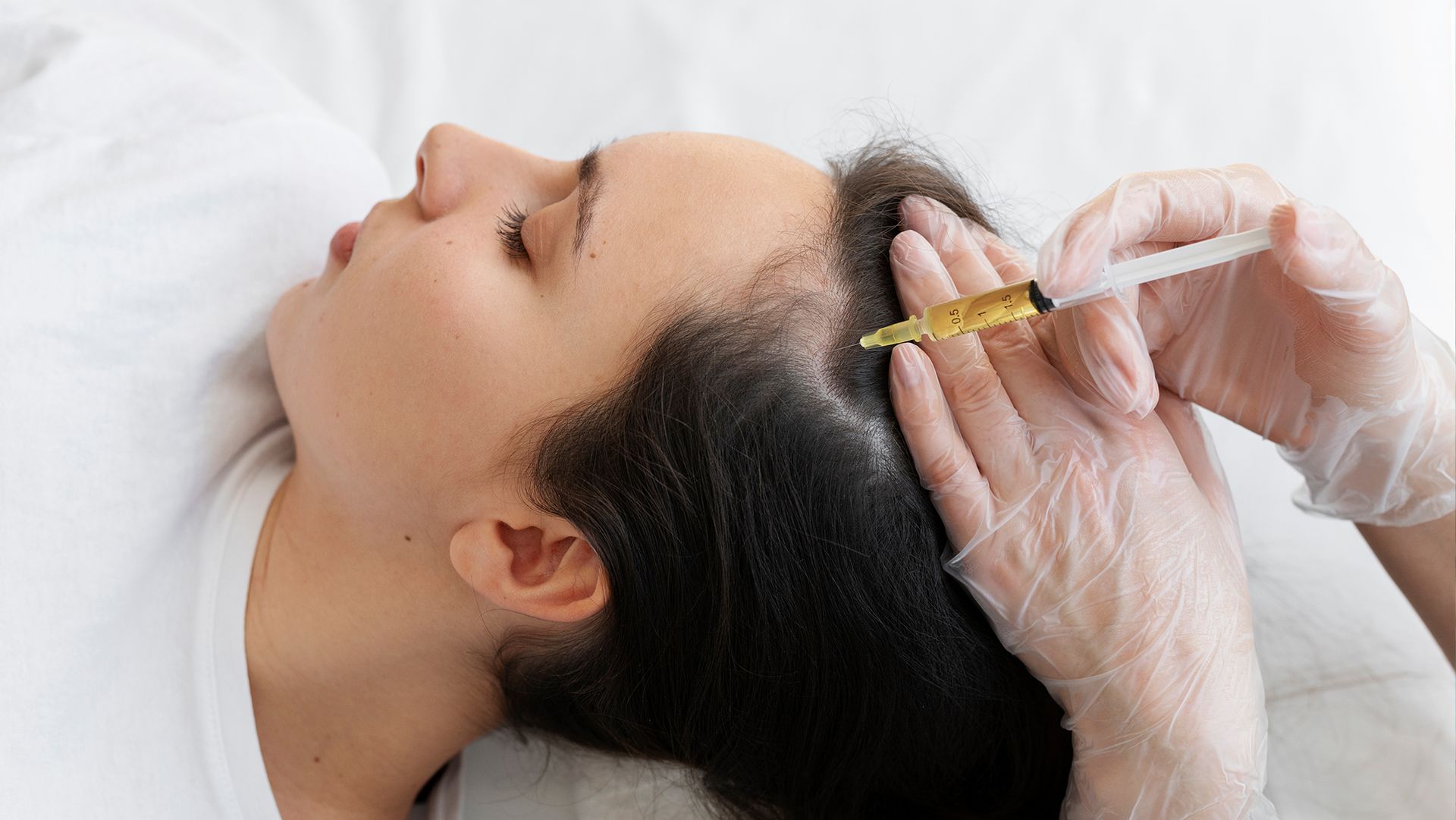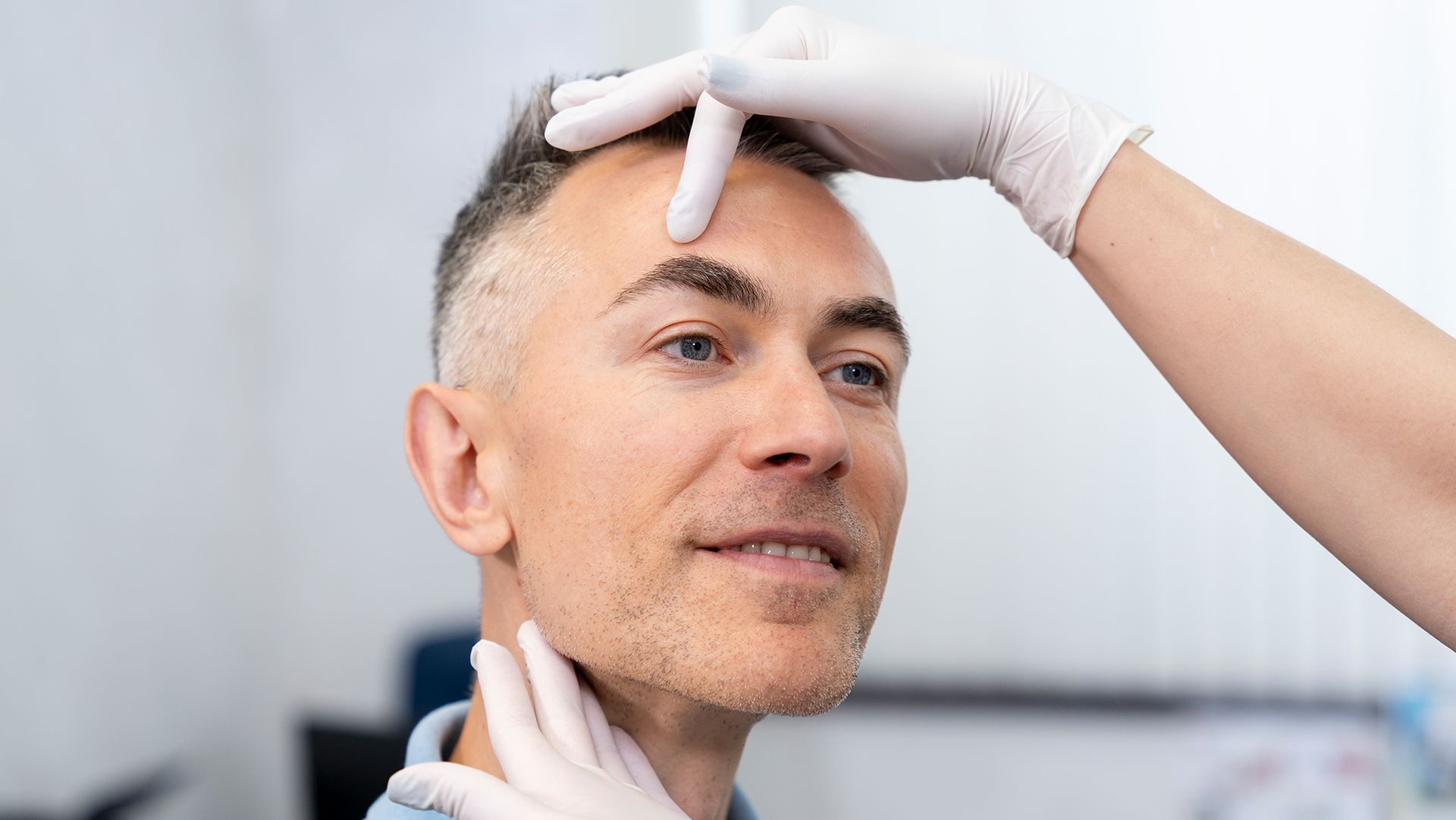Proven Strategies to Improve Your Hair Loss Treatment Results

Struggling with thinning hair can be a daily battle, but it doesn't have to be. Did you know that specific strategies can enhance the effectiveness of your hair loss treatment? If you're already on a path towards reclaiming your locks, learning how to get the most out of your regimen can be a game-changer.
What is the Main Cause of Hair Loss?
To effectively treat hair loss, it's crucial first to understand why it's happening. According to the American Academy of Dermatology, the average person loses 50 to 100 hairs per day. However, it becomes noticeable when you start losing more than that, or if the hair doesn't grow back.
Hair loss can occur due to various reasons, including genetics, hormonal changes, nutritional deficiencies, stress, and certain medical conditions. Identifying the underlying cause is critical to ensure your chosen treatment is the most effective for your situation.
The Importance of Choosing the Right Hair Loss Treatment
Not all hair loss solutions are created equal. Some target specific causes of hair loss, while others are more general in their approach. Therefore, choosing the right strategy is crucial to seeing significant improvements.
The most effective treatments often combine several methods. These may include topical solutions, oral medications, laser therapy, and even surgical procedures for severe cases. Engaging with a specialist in hair loss is crucial to identify the most suitable plan of action tailored to your individual requirements.
Enhancing Your Hair Loss Treatment
Once you've chosen the right approach, there are ways to enhance its effectiveness. Here are some tips:
- Consistent Use: Consistency is key when it comes to hair loss treatment. Most treatments require regular application or use for several months before noticeable results. It may be tempting to stop the treatment if you don't see immediate changes, but patience is crucial.
- Proper Application: It's not just about using your treatment regularly; it's also about applying it correctly. Make sure to carefully follow the instructions provided for your treatment. For topical treatments, this may involve applying the product directly to the scalp and massaging it in for optimal absorption.
- Balanced Diet: A healthy, balanced diet can support your hair loss strategy by providing essential nutrients for hair growth. Nutrients like protein, iron, omega-3 fatty acids, and vitamins A, C, and E are particularly important.
- Regular Exercise: Exercise isn't just good for your body; it's also beneficial for your hair. Regular physical activity can help improve circulation, including to your scalp, which can enhance hair growth1. Whether you prefer walking, jogging, swimming, or yoga, find an activity you enjoy and make it part of your routine.
- Minimizing Stress: Hair loss can be greatly influenced by stress. When you're under a lot of pressure, your hair's normal growth cycle can be interrupted, causing it to fall out. Integrating methods for managing stress like deep breath exercises, meditation, or seeking professional help can enhance the effectiveness of your strategy against hair loss.
- Avoid Damaging Hair Practices: Certain practices can damage your hair and exacerbate hair loss. These include using harsh hair products, frequently using heat styling tools, tight hairstyles, and over-processing your hair with color or chemical treatments. It's best to avoid these practices or at least minimize them to support your hair loss solution.
- Combining Treatments for Maximum Effectiveness: Sometimes, one form of treatment may not be enough, and combining treatments can yield better results. For example, using both oral medication and topical solutions can work synergistically for greater impact. However, it's crucial to discuss this with your hair loss expert before starting any combined treatment regimen. They can guide you on the best combinations based on your specific hair loss type and overall health.
- Monitoring Your Progress: It's important to monitor your progress while undergoing treatment. This includes taking photos at regular intervals to track changes and improvements. If after several months you're not seeing the results you expected, it might be time to re-evaluate your treatment plan with your hair loss expert. Remember, every person's journey with hair loss is unique. What works for one person may not work for another. But with patience, consistency, and the right treatment plan, you can improve your results and regain your confidence.
- Understanding the Role of Medical Expertise: While implementing these strategies can significantly enhance your results, it's vital to remember the role of medical expertise in this journey. Hair loss can be a complex issue with multiple contributing factors. Therefore, working closely with a hair loss expert can provide personalized guidance and support. An expert can thoroughly assess your hair loss, considering factors like your medical history, lifestyle, and even genetic predisposition. They can then recommend the most effective treatment options for your specific situation. Moreover, experts continually stay updated on the latest advancements. As such, they can introduce you to new treatments or modifications to your existing regimen that could further improve your results.
Discover the Difference with Yates MD
If you're ready to take your hair loss treatment to the next level, consider turning to the experts at Yates MD. With a comprehensive approach to hair restoration, they offer a variety of treatments designed to address the unique needs of each patient. Don't let hair loss hold you back. Visit Yates MD today to start your journey towards healthier, thicker hair.
Conclusion: Maximizing Your Hair Loss Treatment Results
Hair loss can be a challenging issue to navigate, but with the right strategies and treatments, you can significantly improve your results. Remember, consistency is key when it comes to hair loss treatment. Also, maintaining a healthy lifestyle and avoiding damaging hair practices can further enhance the effectiveness of your treatment.
Moreover, seeking professional help can provide access to a wider range of potent treatments and personalized plans tailored to your specific needs. With the guidance and support of a hair loss expert, you can navigate this journey more confidently and effectively.
Hair loss doesn't have to be permanent. With patience, the right approach, and the right help, you can improve your hair loss treatment results and reclaim your confidence. Start enhancing your stratefy today, and look forward to the healthier, thicker hair of tomorrow.
